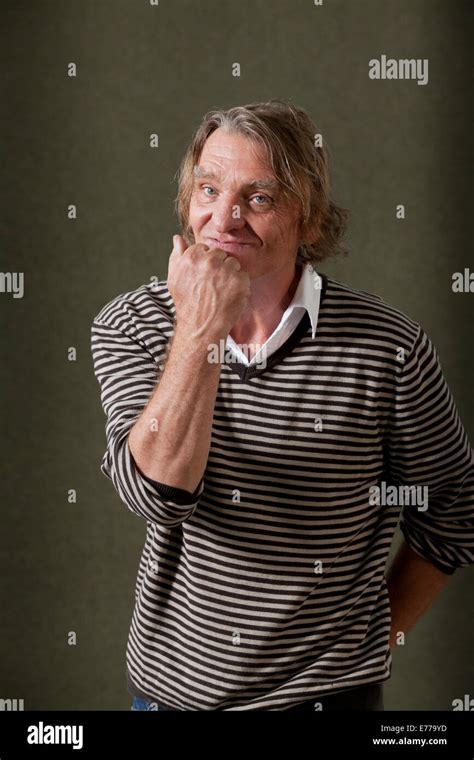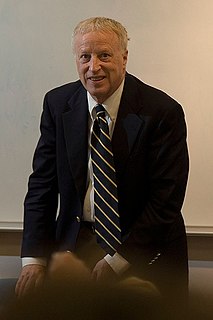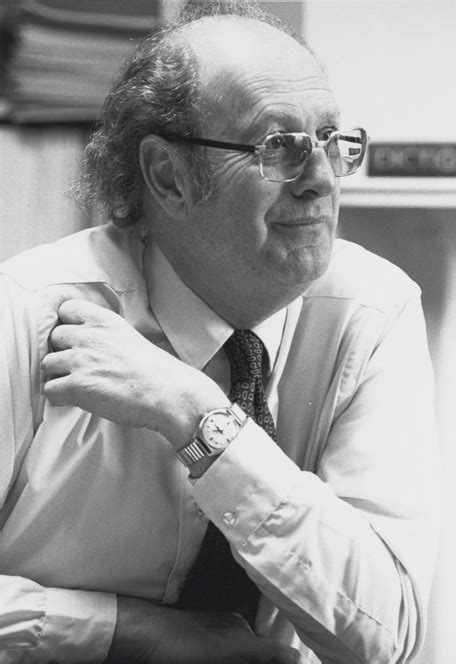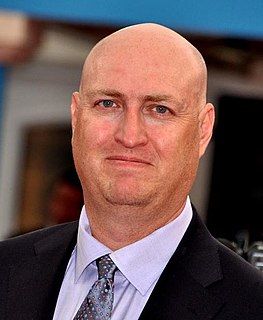A Quote by Wolfgang Amadeus Mozart
Just as people behave to me, so do I behave to them. When I see that a person despises me and treats me with contempt, I can be as proud as any peacock.
Related Quotes
Well,” Tessa said, sighting along the line of the knife, “you behave as if you dislike me. In fact, you behave as if you dislike us all.” “I don’t,” Gabriel said. “I just dislike him.” He pointed at Will. “Dear me,” said Will, and he took another bite of his apple. “Is it because I’m better-looking than you?
This clarity made me able to behave normally, which posed some interesting questions. Was everybody seeing this stuff and acting as though they weren't? Was insanity just a matter of dropping the act? If some people didn't see these things, what was the matter with them? Were they blind or something? These questions had me unsettled.
Nothing makes me happier than to have a smart person tell me why the show is smart, especially if I didn't intend that. I tend to be a very instinctual writer, and I don't plot shows out like, "This is my thesis and this is how I'm going to subtly sneak my thesis into this episode." I just approach it from, "We know these characters well, here are the situations that they're in, now how would they behave? What would the consequences be?" And it's always fun to see how people interpret that and dissect it afterward, and make me and the other writers seem probably smarter than we really are.
When you have children your own hypocrisy becomes more apparent because you're telling them how to behave, and you're not behaving like that yourself. So it obliges one to really go in and try to look at why there is a huge gulf between how one knows one wants to behave and how one actually does behave.
There are different groups of people in your life that you behave slightly differently with. You behave one way with your family. You behave in a different way with your work colleagues. You behave differently with your friends from the movie club, your fitness instructor - all subtly different personas.
I believe that there is an important part of every human being that is defined in terms of their significant other: how we choose our partner, and how we behave when we are with them. And that is the part that interests me. How that part of the personality is forged doesn't just interest me, it fascinates me.




































